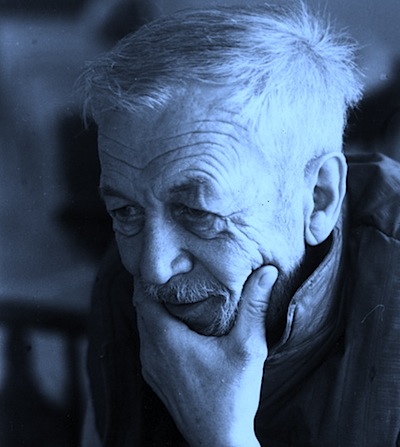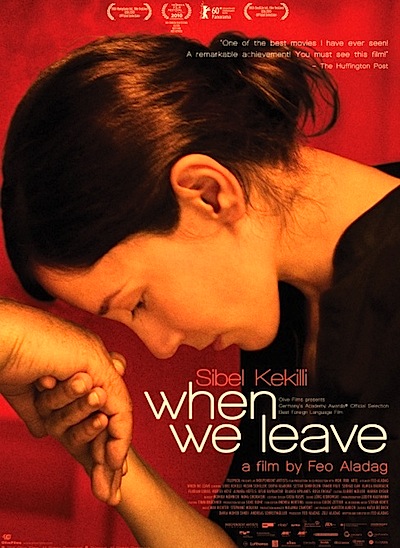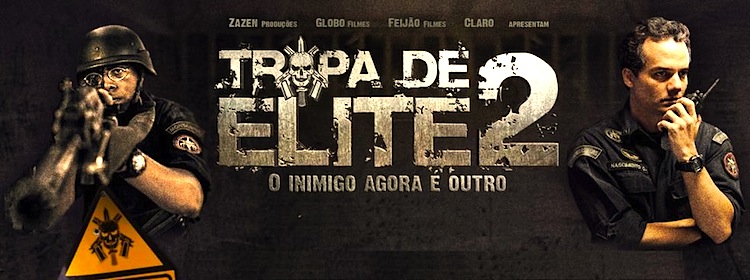
By Joe Bendel. The story of a boy and his dog is a classic motif of children’s films. However, Franstišek Vláčil transformed this well-established convention into something sadly poetic, perfectly befitting the tenor of his time. As was the case with many artists, the post-Soviet Invasion years were not kind to Vláčil’s career, but by the mid 1970’s he was eventually allowed to take the reins of a smattering of short documentaries and films for young audiences. Though ostensibly one such children’s film, the adult world tragically intrudes in Sirius, Vláčil’s elegiac WWII-era coming of age film, which screens this Saturday afternoon as part of the Film Society of Lincoln Center’s Fantastic World of Franstišek Vláčil retrospective now underway at the Walter Reade Theater.
Sirius (or “Sir” as he is affectionately called) is not quite Lassie, but his ability to communicate and follow the instructions of his master is impressive nonetheless. Fascinated by the night sky, the director’s young namesake named the loyal canine after the Dog Star, the brightest star visible from Earth with the naked eye. Franstišek’s days appear to be filled with child-like wonder, as he and Sir commune with the nature. It seems their only cause for concern is the Bo Radley-esque forest-keeper who makes no secret of his ill will toward the animal. All that changes when a Nazi troop train blows up right before his eyes. Suddenly, the Germans are keenly aware of Franstišek’s station agent father as well as his spirited dog.

Though comparatively brief at a mere fifty minutes, Vláčil still takes his time establishing the rapport between boy and dog. Indeed, most of the film has a pastoral feel, though a sense of foreboding looms over the film. Clearly, there was a very competent dog trainer working behind the scenes, but Michal Vavrusa is also surprisingly understated and engaging as Franstišek.
Sirius could be considered an Old Yeller from behind the Iron Curtain.Yet, Vláčil slyly employs astronomical motifs to add a metaphysical-allegorical dimension unlike anything in Disney films. Though it burns brightly, we are told Sirius the star is due to temporarily disappear from the horizon. Likewise, the National Socialist occupiers may appear all-powerful, but they too shall pass (as their Communist successors did, as well).
Beautiful in its simplicity and directness, Sirus is a rewarding film for both smart kids and relatively smart adults. Not available on DVD here in America, it is highly recommended for all ages when it screens this Saturday (2/5) as part of the Vláčil series at the Walter Reade Theater.
Posted on February 4th, 2011 at 2:18pm.






